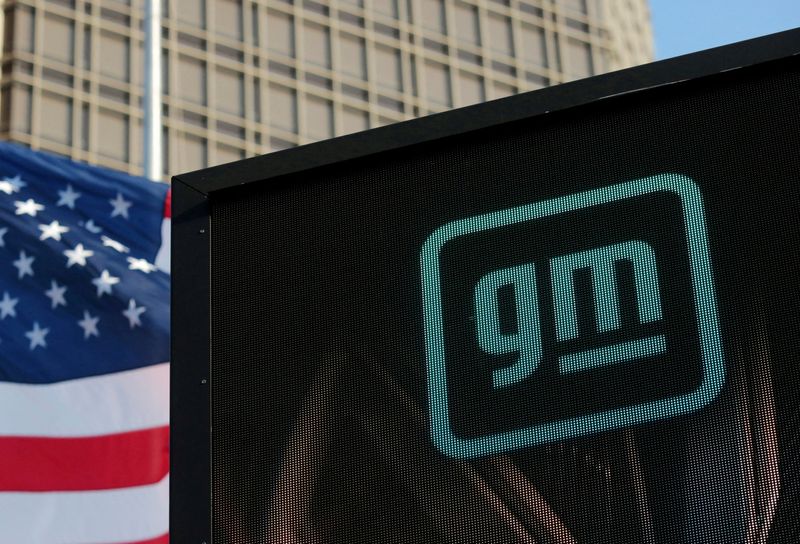By David Shepardson
WASHINGTON (Reuters) -A group representing major automakers said on Friday it filed a lawsuit to block a landmark rule from the administration of President Joe Biden requiring nearly all new cars and trucks by 2029 to have advanced automatic emergency braking systems.
The Alliance for Automotive Innovation, representing General Motors (NYSE:GM), Toyota Motor (NYSE:TM), Volkswagen (ETR:VOWG_p) and other automakers, said the rule finalized in April by the National Highway Traffic Safety Administration is "practically impossible with available technology."
The group asked the U.S. Court of Appeals for the District of Columbia to overturn the rule.
NHTSA declined to comment.
The alliance said the requirement that cars and trucks must be able to stop and avoid striking vehicles in front of them at up to 62 miles per hour (100 kph) is unrealistic, and it unsuccessfully asked NHTSA last year to reconsider the rule.
The new safety rule is one of the most far-reaching U.S. auto-safety regulations in recent years. NHTSA said in April the rule will save at least 360 lives annually and prevent at least 24,000 injuries as traffic deaths spiked after the pandemic.
Alliance CEO John Bozzella called the decision "wrong on the merits. Wrong on the science. Really a disastrous decision."
Bozzella wrote in November to President-elect Donald Trump, urging him to reconsider the regulation.
Congress directed NHTSA in the 2021 infrastructure law to establish minimum-performance standards for automatic emergency braking systems, which use sensors such as cameras and radar to detect when a vehicle is close to crashing and then automatically apply brakes if the driver has not done so.

In 2016, 20 automakers voluntarily agreed to make automatic emergency braking standard on nearly all U.S. vehicles by 2022. By late 2023, all 20 had equipped at least 95% of vehicles with AEB, but critics say there is no way to ensure effectiveness without government regulations.
NHTSA in May 2023 proposed requiring vehicles to comply in three years, but automakers are now getting five years.